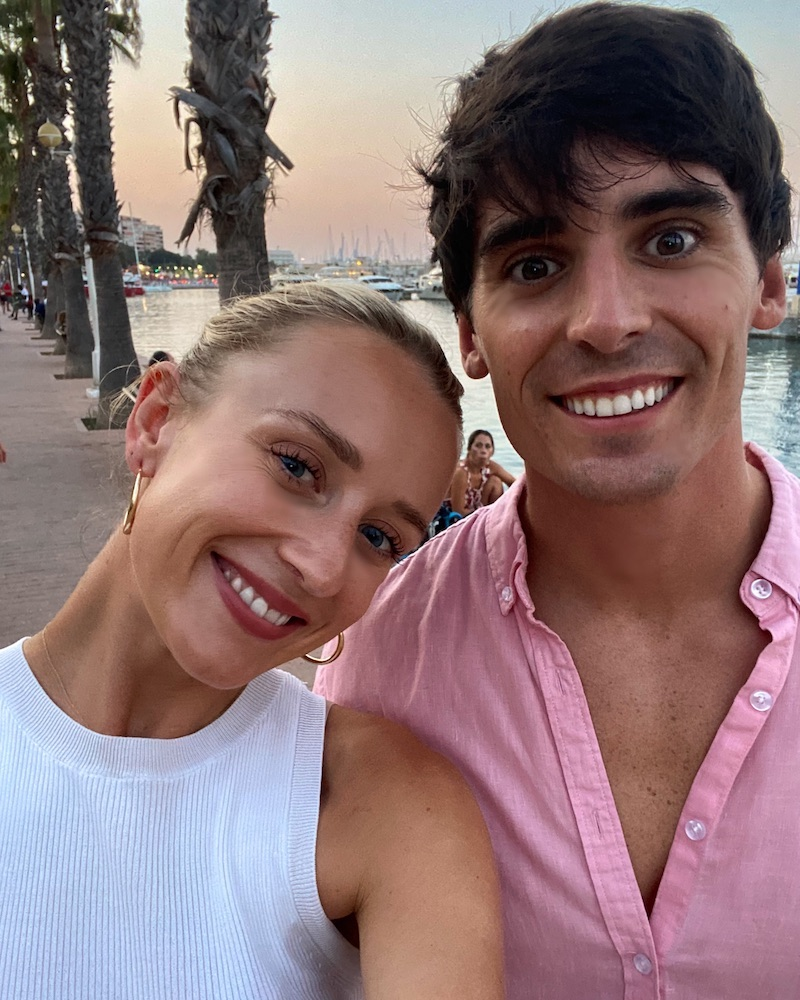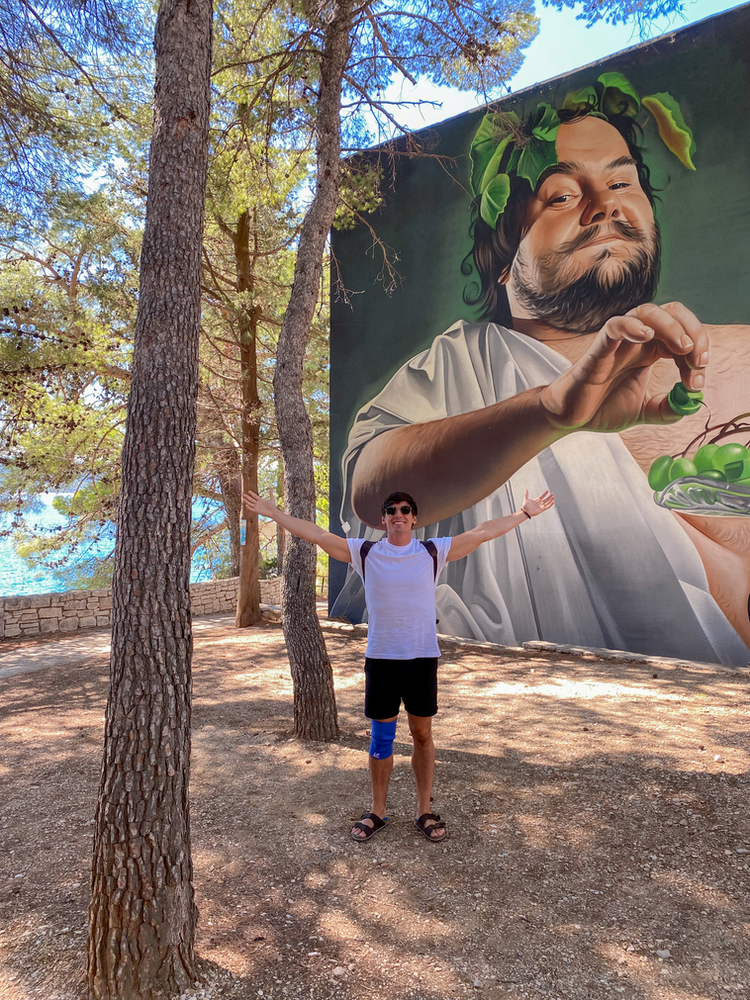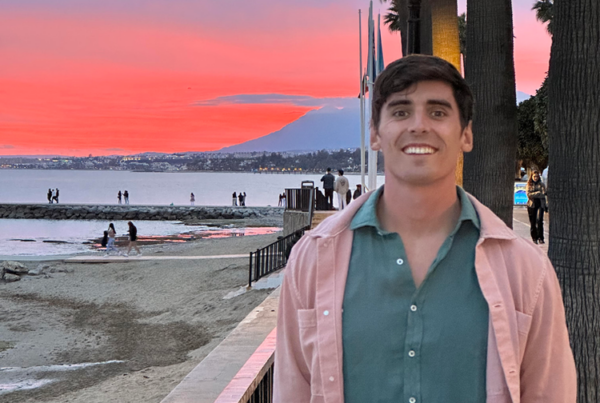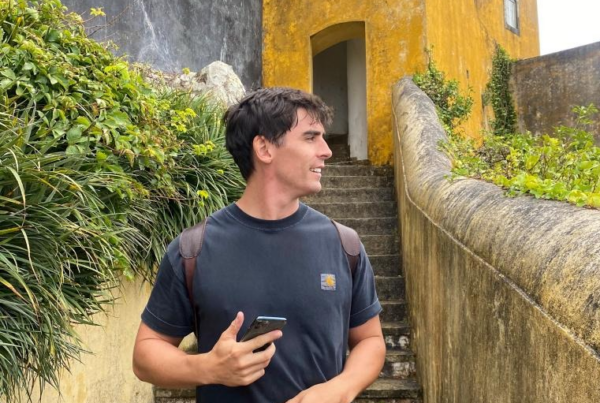
My health has been deteriorating lately.
For years my focus was on maxing out at the gym, getting one more rep or moving that little bit faster.
Now, my focus has changed; Struggling to move in the mornings, I focus on being able to walk with as little pain as possible each day.
It’s crazy how fast things can change.
Just to be clear, this isn’t some pity post. I have tonnes to be grateful for, and we all have our own cross to bear.
But it has changed my perspective on a few things.
One thing I have realised recently: It’s the things you never see coming that truly impact your life.
We spend our days worrying about the risks we can see, and then our lives are upended by an event we could never have predicted.
This is true across so many aspects of life.
Investing is no different.
Much of my day job is focused on what happens next.
-
- Are we headed for a recession?
-
- Will the stock market crash?
-
- How much will property prices fall?
These are all pressing questions, but these attempts to predict the future can be soul-destroying when the future is so hard to predict.
History is an endless stream of reasonable predictions upended by unforeseeable surprises.
In 2001, as we focused on the debt crisis in Europe, two planes struck the Twin Towers. In less than 90 minutes, the world changed in a way that was simply impossible to predict.
In 2020, as we focused on the implications of Trade Wars, a virus shut down the global economy, and 20 million Americans lost their jobs in a single week.
And on and on.
Paying attention to the known unknowns is essential, but it’s risks that we don’t see coming that truly define us.
By their very nature, the risks we can see are already accounted for. They are priced in. It’s the unforeseeable, low probability, high-impact events that catch us off guard.
No preparation, no protection, maximum destruction.
So, if the surprises are what really move the needle why do we spend so much time trying to predict the future?
Simple put, it helps us worry less.
Building a vision of the future and convincing ourselves it will play out offers unrivalled piece of mind—a sense of control in an entirely uncontrollable world.
The warm cozy hug of certainty is hard to resist.
Despite the allure, however, we must ask ourselves; why obsess over predicting the exact path when the probability of us getting it exactly right is so low? Surely this is an obvious waste of time and resources?
So how can we better allocate resources?
Two things spring to mind.
1. Focus on the bigger picture
Instead of getting stuck in the weeds, arguing over the minutiae, we need to focus on the bigger picture.
So many risks could play out over the short term.
-
- Inflation runs higher, and interest rates pull down stock market returns
-
- The real estate market falters, creating economic ripple effects
-
- Energy shortages
-
- A new Covid strain
-
- Escalation of war and unrest
-
- Sovereign defaults leading to financial contagion
And these are just some of the risks we know of.
The point is, there is always risk.
History is just one thing after another.
There is never a utopian state of calm, but over the long run, humans have prevailed.
In the face of wars, depressions and pandemics, people have become more productive.
We have continued to innovate and create products and companies that are more and more profitable over time.
This is the detail we often fail to see – the glimmer of light in a dark room.
Our ability to adapt and overcome over time is undisputed.
So, instead of trying to predict exactly what happens next, trust that we will prevail over time and focus on the larger trends.
What innovations will inspire the next generation of profitable companies? How will changing demographics change the world?
You will never get it 100% right but focusing on the stuff that really matters certainly improves your odds.
2. Expect to be Wrong
In a world where anything is possible, focus on what is most probable and forget the rest.
Create an investment thesis focused on what you believe are the most likely outcomes and build in some margin for error to protect when things inevitably fail to play out exactly as you planned.
Putting extra padding around your investments will help protect you from those risks you don’t see.
It may not be ideal, but short of a crystal ball, it’s the best you can do while still maintaining your sanity.
Control the controllable and forget the rest; the market will reward you over time.
I promise, someday, you will look back and realise that most of the stuff you spend your time worrying about was utterly irrelevant in the grand scheme of things.
Allocate your newfound time and mental resources to the important stuff.
Family, friends and making memories.
In unrelated news, Croatia is the Sh*t



